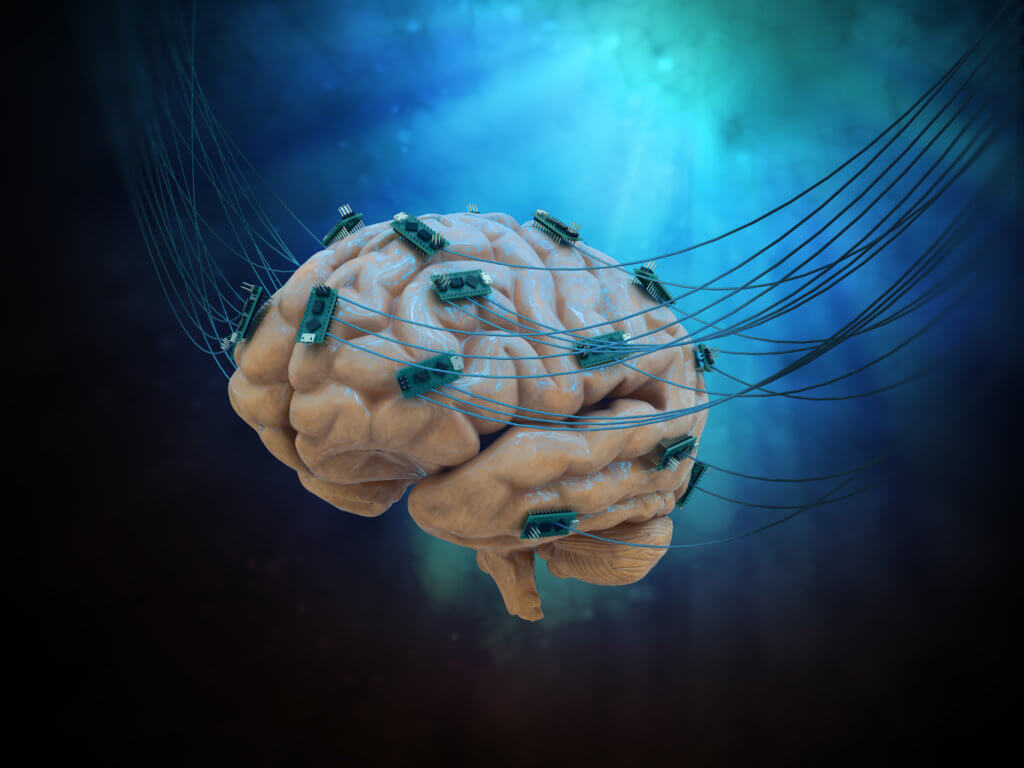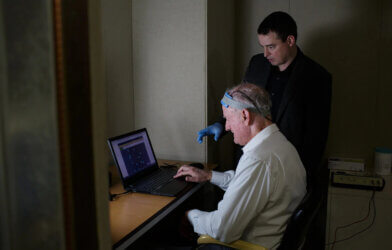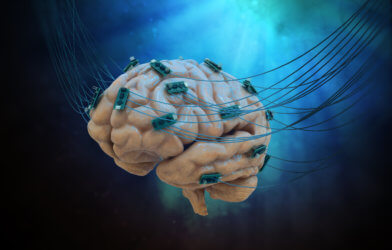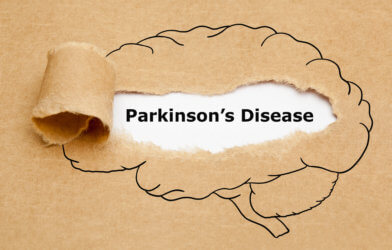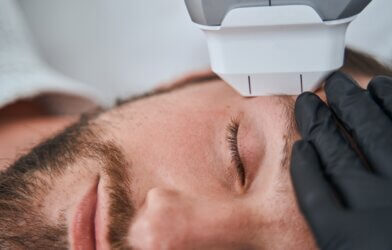Applying deep brain stimulation to people with obsessive-compulsive disorder (OCD) could cut half of their symptoms, reports a new neuroscience review. After the procedure, about two-thirds of patients are expected to show improvement in their condition after two years.
OCD is a mental health condition involving intrusive and obsessive thoughts that translate to erratic and ritualized behaviors. The disorder affects about 3% of people and typically starts early in life, especially when someone is experiencing severe depression or anxiety. People with OCD may find it hard to go to school or work.
There are several effective treatments for managing OCD, such as drugs and cognitive behavioral therapy. However, the treatments are not guaranteed to work. One out of ten OCD cases does not respond to conventional treatment methods.
Deep brain stimulation is proposed as an alternative solution for people whose OCD is resistant to treatment. It involves implanting electrodes within specific brain areas to regulate abnormal electrical impulses. Deep brain stimulation has shown potential in the past few decades to curb severe symptoms. Although past studies have looked at using the technique for OCD, few have accounted for other factors that can influence the treatment outcome.
Researchers reviewed and pooled the results of 34 clinical trials that were reported between 2005 and 2021 to evaluate the effectiveness of deep brain stimulation on depressive-related OCD symptoms in adults. The studies enrolled 352 adults with an average of 40 diagnosed with severe to extreme OCD. Participants’ symptoms had not improved despite multiple attempts at treatment.
Of the 34 trials, 23 required participants to have shown persistent symptoms for five or more years. Eleven studies required people to have a decade of symptoms and two years of ineffective treatment. Another required only one year of failed treatment and five didn’t have any treatment requirements to take part.
People, on average, had 24 years of dealing with symptoms. Twenty-three studies reported other conditions along with OCD, including major depression (reported in half of all participants), anxiety disorder, and personality disorder. After deep brain stimulation, scientists monitored people for an average of two years.
An analysis of all the studies found deep brain stimulation reduced OCD symptoms by 47%. Two-thirds of people reported major improvements in their condition in the two years following the procedure. There was also a reduction in depressive symptoms in nearly half of the participants, and 16% of the group had a partial response. The study authors suggest the findings provide strong evidence to support deep brain stimulation for severe persistent OCD and depression.
However, deep brain stimulation was not foolproof. There were serious complications afterward including infections, seizures, suicide attempts, stroke, and manifestations of new obsessions following the surgery. A total of 78 people experienced at least one severe side-effect.
The review is published in the Journal of Neurology.
